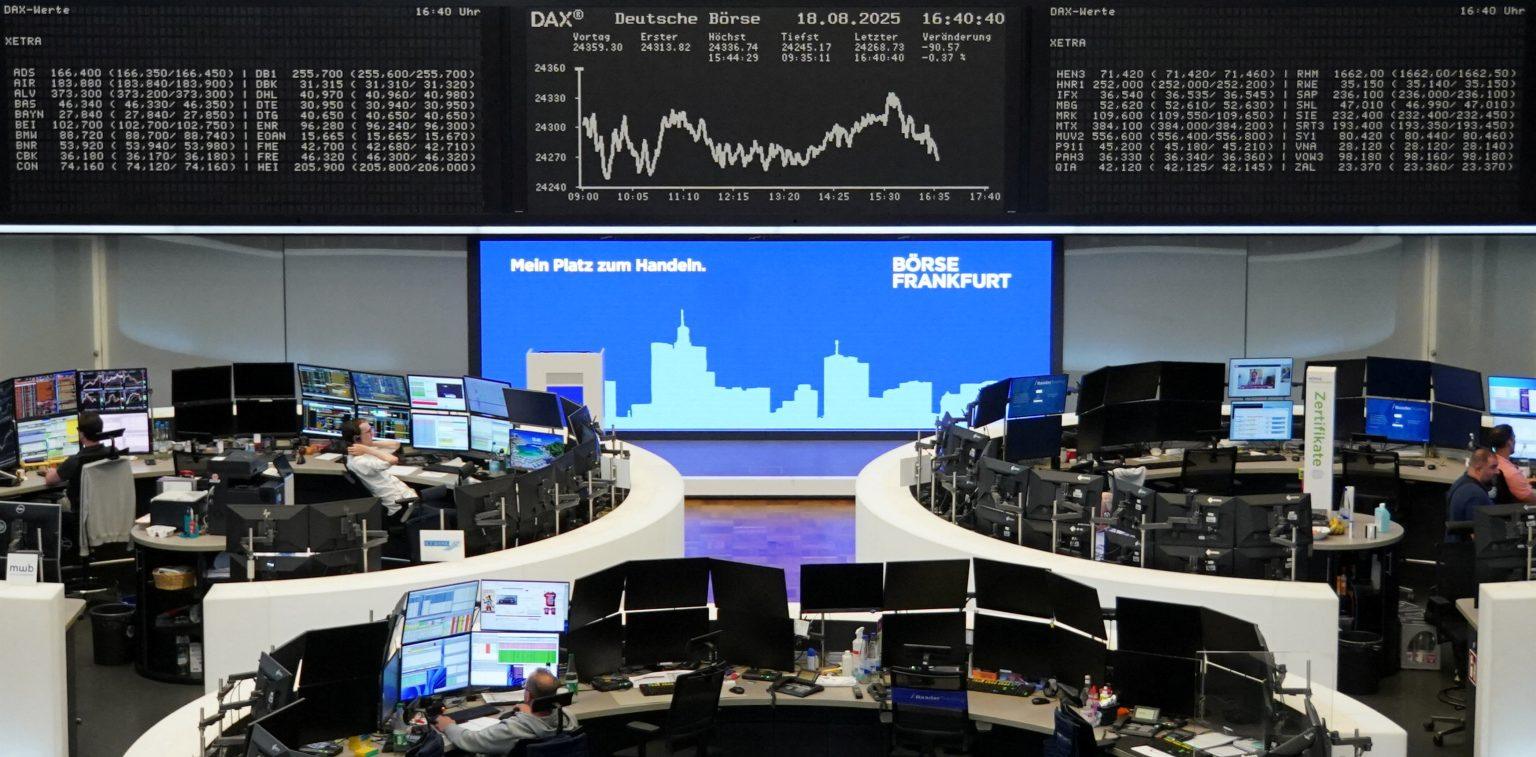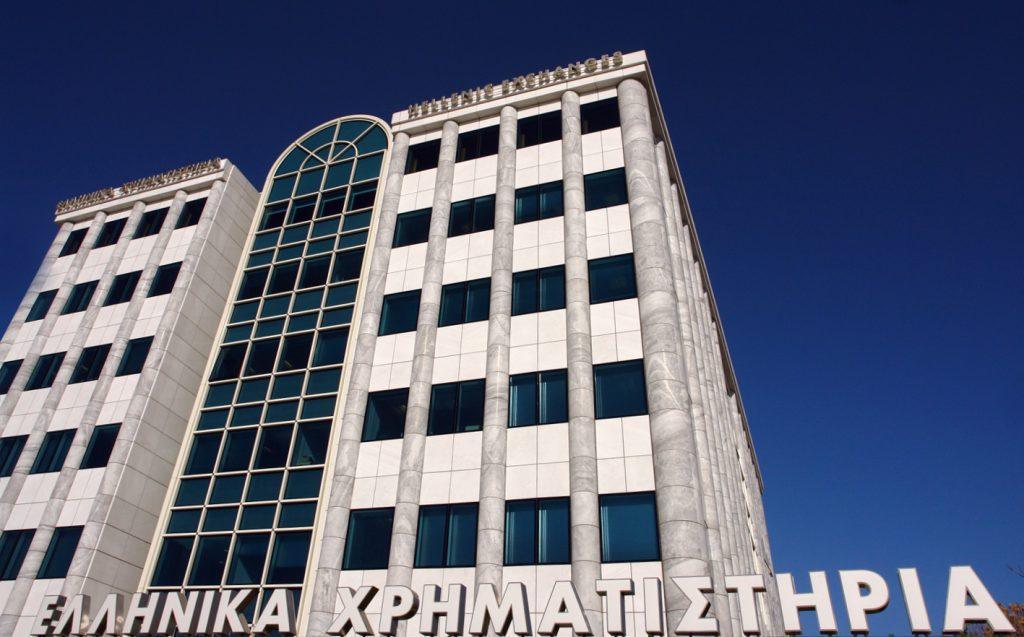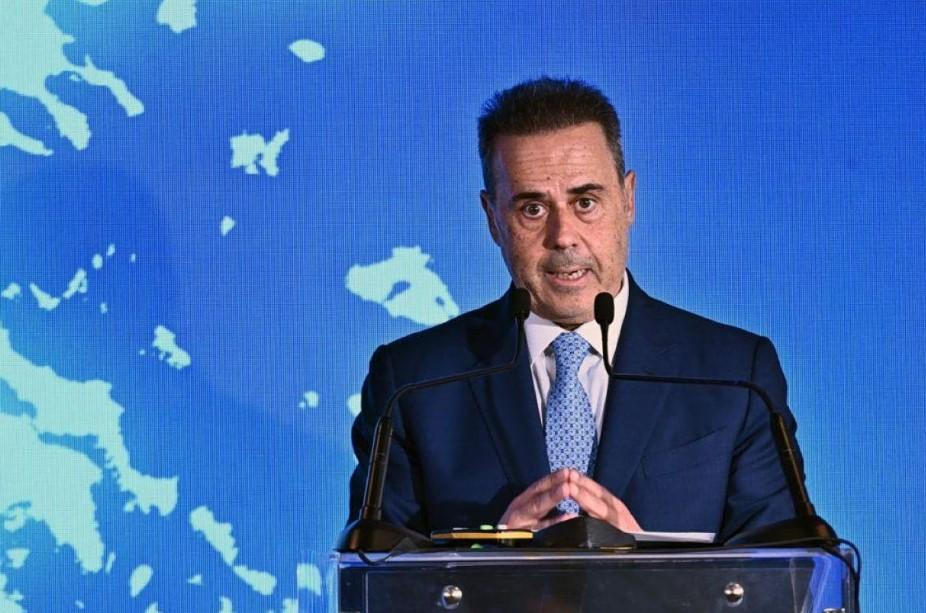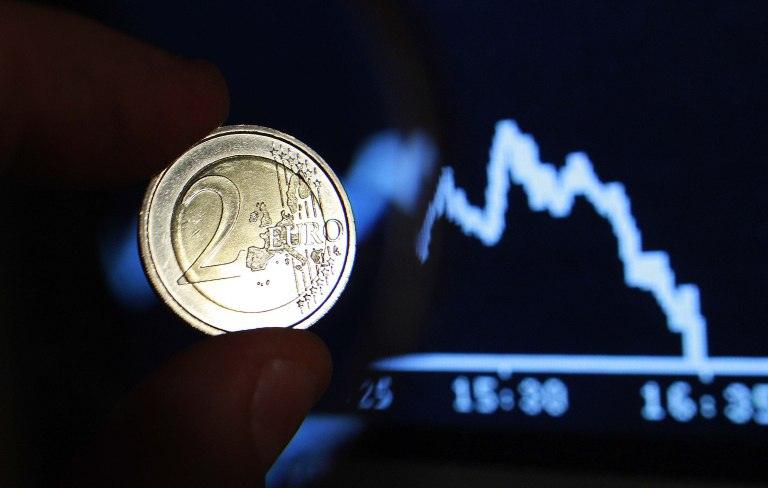Since ancient times Greece has been indelibly linked with the sea and shipping, as seafaring has been one of the professions plied by Greeks over millennia, while today it is a mainstay of our modern economy.
In recorded human history, merchant shipping has been the biggest and most important transport of international trade, accounting for more than 80 percent of the world’s trade to peoples and countries around the world.
The Covid-19 pandemic highlighted shipping’s role in a unique and dynamic way, while at the same time showcasing the professionalism and sacrifice of the roughly two million merchant seamen serving aboard the global merchant fleet. These professionals steadfastly continued to transport goods and vital medical supplies, food and other basic items throughout the pandemic.
However, even amid this adverse environment, and despite the economic impact of the pandemic, Greek shipping managed to maintain its place as the world’s leading shipping power, currently controlling 21 percent of the global merchant fleet and 59 percent of the EU’s fleet, and for the first time exceeding a total number of 5,000 vessels.
Based on figures we’ve received so far, 2022 appears to be a year of significant recovery in all sectors, leaving behind the interruptions and significant problems left by the public health crisis. One of the repercussions of the pandemic, I might add, was the cancellation in 2020 of the world’s most important shipping exhibition, Poseidonia.
However, this year we have the pleasure of witnessing the dynamic return of Poseidonia after two difficult years of pandemic – an exhibition ready to welcome visitors from all over the world and to again serve as the leading international shipping event – one that puts Greece in the spotlight.
The 27th Poseidonia, after four years of absence, finds the world’s shipping industry in transition, where significant changes affect environmental regulations, digital transformation and cyber-security.
We’re witnessing technological developments that now shape the agenda of international dialogue on the most important issues affecting the shipping industry.
One of the biggest issues to be addressed is a transition to carbon-neutral shipping. For Greece, the de facto international nature of merchant shipping requires implementation of universal rules for all, through the IMO.
All nations should support the effective implementation of the IMO’s strategy to reduce greenhouse gas emissions generated by ocean-going vessels, as we begin to consider medium- and long-term measures that will lead to carbon-neutral shipping.
Another equally important factor is the influence of rapid and major changes that modern technologies and digital transformation brings to shipping – along with most transport sectors and everyday life, one of the priorities of the Mitsotakis government in Greece.
In recent years, practically all shipping companies, regardless of the type of vessels and cargo they specialize in, are implementing advanced technology in order to consolidate their dynamic presence in the sector, and at the same to acquire a competitive advantage while maintaining their current position.
Changes in the industry are radical; meaning that the coming years will see a drastic transformation of a merchant shipping industry of the future.
The sector should actively seek out top cadres at the officer’s level, but also at the junior crew level; merchant seamen who are well trained, and possess skills and qualifications that will help them not only persevere amid a very competitive global maritime environment, but preserve – in the long run – the renowned and recognized seafaring reputation of the Greek merchant seaman.
Recent studies for the coming years forecast that 16,500 officer positions in the global shipping sector will not be filled, while in 2025 this deficit is projected to reach 147,000 officers.
All of these issues will be at the forefront of discussions between the representatives of the shipping community, who will attend Posidonia, in person, after four years of absence.
Over time, this international maritime gathering has been a point of reference and brought Greece to the center of attention. Posidonia’s return after four years is a very important event for Greece.
For more than 50 years Poseidonia has been a magnet for the industry, while placing shipping at the forefront of international attention, with hundreds of exhibitors from around the world. We hope year’s exhibition, as always held under the auspices of the Ministry of Shipping and Island Policy, will exceed all expectations.
* Mr. Ioannis Plakiotakis is Minister for Shipping and Island Policy.









































